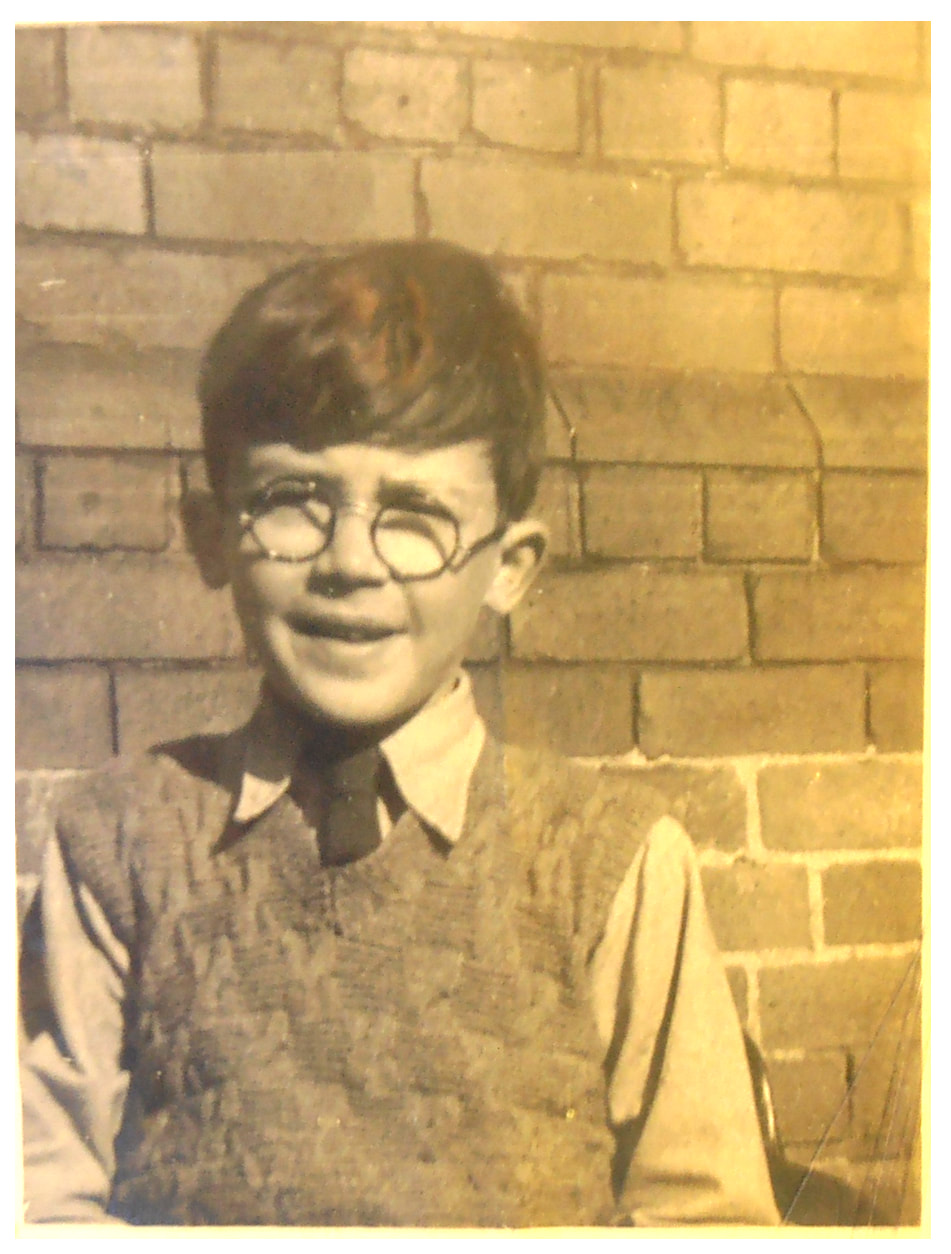Graham Penning, 1944
I spent the war years in Newport, Isle of Wight where my father was the borough engineer for the duration.
VE day I certainly recall with the excitement of crowds of people watching a grand parade of members of both military and civil organisations in all of their various coloured uniforms. My grandfather and two uncles were participants. My grandfather was in one of the Island home guard units. He had been on battleships in the first war. Two of his sons served in the navy throughout the war. One was in the Mediterranean, and the other on destroyer escorts of convoys to North Russia.
The Island suffered a surprising amount of bombing given its proximity to Portsmouth and Southampton. It was a well- known story that German bombers dropped their loads on the Island early in their mission rather than encounter the ferocity of Portsmouth anti- aircraft fire. Given the number of obscure locations having direct bomb hits, there is probably some truth to this.
Our house in Newport was only a couple of hundred metres from a street that suffered severe bomb damage. We had a Morrison shelter installed in our living room. This was essentially a steel cage with mesh sides, in which a family could squeeze into and sleep. Survival from a direct hit by bomb was not likely, but hopefully survival from a house collapse was.
I remember the sound of air raid sirens, and also of doodle bugs – flying bombs. One landed not far away, and broke glass in our back door. It had the sound of a motorbike overhead. So long as you could hear it you were safe. Once the engine cut out it was heading for the ground.
For a time in the war we gave a home to two young London girl refugees.
My baby cousin and our grandmother who was baby- sitting, were rescued uninjured from their demolished house in Newport. I remember my grandmother arriving at our back door completely covered in dust and soot. Apparently the rescuers had spotted the pram handles sticking out of the rubble, and my cousin unscathed beneath. So many strong memories from the war years.
